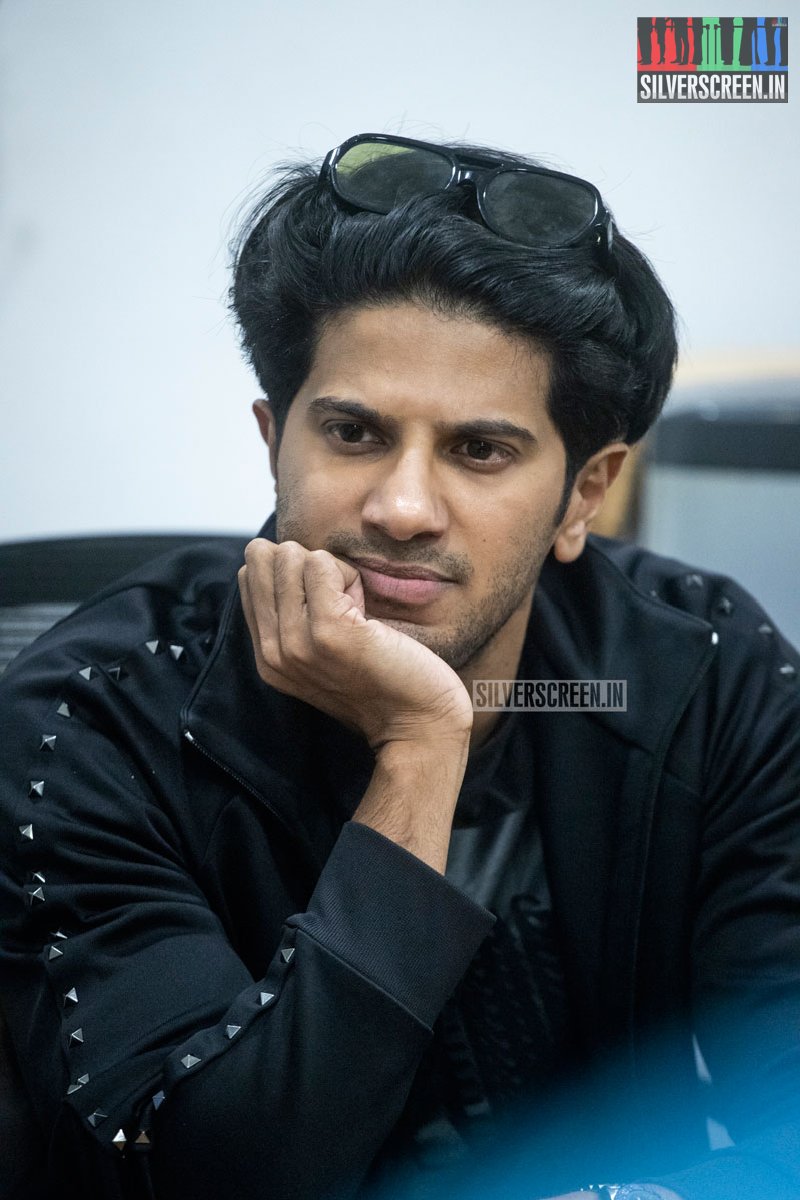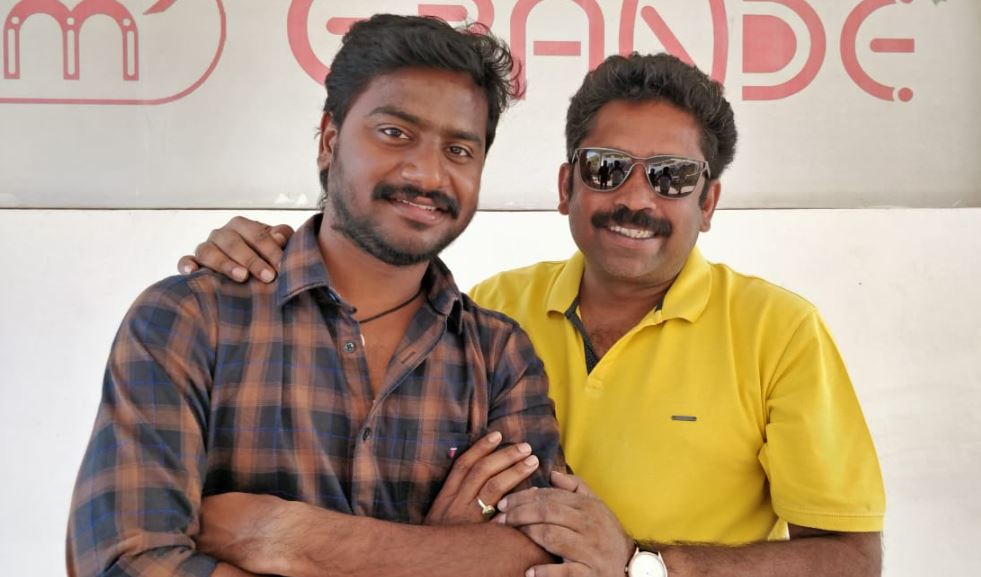Director: Zoya Akhtar
Cast: Ranveer Singh, Alia Bhatt, Kalki Koechlin
Zoya Akhtar’s Gully Boy takes its sweet time to get going, much like Murad (Ranveer Singh) who takes his own time to sink into the beat before unleashing his poetry in a rap battle. Ostensibly a musical based on the true story of rappers like DIVINE and Naezy, Akhtar’s film had already announced itself with its panoply of hip-hop and rap infused soundtrack. But once the beat is set, the world created by the writer duo of Reema Kagti and Akhtar sucks you in with the kind of kinetic energy shared only by its rappers. Gully Boy is a one of a kind musical where the soundtrack everyone is already crazed about also exists in its rawest form. When Murad takes up on an open call for a rap battle, we get to hear half a version of ‘Apna Time Aayega’ that’s not yet fully formed. We get a version of ‘Doori’ that is more spoken word than the studio produced rap we’ve been hearing for over a month. The words flow organically out of Murad whose first love is poetry and writing. The kind of love that gives him a shoulder to cry on during nights he feels alone, and his house and family are in disarray. We get a shot of a single tear rolling down his cheeks even as he is putting pen to paper.
The reason Gully Boy looks like it is trying to find its gears in the early portions is this characterisation of Murad – the calculated aloofness, his revolution originating devoid of fanfare within himself. A bashful, reticent hip-hop artist trying to find his space and release in claustrophobic Dharavi, and the film gives him that time. Someone meeting Murad for the first-time wonders if he speaks at all. When his father takes a new wife – while Murad’s mother is lamenting about her present life – Murad uses his earphones to drown out the music of her arrival, a song of marital bliss that is dirge-like to him.
Zoya Akhtar frames Murad’s story in a Mumbai that’s not familiar to mainstream Bollywood. There are no shots that scream that it is Mumbai to the outside world and that outside world here exists within the city. The first few shots of the film have high rises looming on both sides as Murad and his friends pass through a deserted city in a stolen car and arrive into a sea of little boxes. But one of the best shots of the film comes a quarter way into Gully Boy. Murad is forced to take up his father’s driver job while he recovers from an injury and we realise that Murad is trying hard to navigate the distance between the haves and have-nots. He mutters under his breath that his time will come sitting inside the stationary car and Akhtar frames him from a camera outside that moves away from him. It’s New Year’s Eve and all the lights around him are absorbed by the colour of the car while the car itself glows, the man inside wallows in darkness. It’s a beautiful shot that conveys things that Gully Boy wants to convey in a matter of seconds.
A yang to Murad’s yin, Safina (Alia Bhatt) is written as the firebrand who raises her hand before raising her voice. She is both a teacher and a support system to Murad, to whom she says if you are getting something good take it without question. In the context of the film, that’s one of the standout lines from Vijay Maurya in a film full of standout lines. Their love story exists in the nooks and crannies of a hyper occupied space, a den where privacy is a non-existent concept. Their very first shot suggests this when both pretend to be strangers before sharing an earphone. But even with Safina’s muted rebellion, their love story remains surreptitious, moments consumed by the airwaves between a second-floor window and the ground or stolen sign language between station platforms. Even the phone calls are taken inside the bathroom, a luxury for Safina that is not an option for Murad. This is of course contrasted with how the rich and privileged Sky (Kalki Koechlin) treats her feelings and her space, her own car with windows open is all she requires. This is that rare film where the lead couple talk careers. Murad is still circumspect about his rap future and Safina assures him to do what he wants because she would soon become a surgeon. For a Hindi film, how proletarian of them!
There is a digression that Murad indulges in with Sky overnight, painting graffiti and committing vandalism as a form of dissent (liberally borrowed from real/reel life incidents and a quote by the late Dewang Mehta). It’s unclear what Akhtar wanted to do with this sequence but to be charitable, it is probably to highlight how performative the deeds of people like Sky come across as. Zoya Akhtar also makes a villain out of Murad’s father and his family. This is a familiar complaint when privileged filmmakers enter an unfamiliar setting, they can only deal in black and white.
While it can be a major pitfall with most of those films, Gully Boy redeems itself with the character of Moeen. Moeen is a drug peddler and his ways often come between his and Murad’s friendship. It’s also clear that he is too deep into it to correct himself. A scene with Moeen and Murad on either side of a lockup establishes their relationship and Moeen’s character without any ambiguity. The way the film turns the father-son relationship to avoids usual pitfalls, something Rajiv Menon couldn’t negotiate in his recent Tamil film Sarvam Thaala Mayam. While this part is more sentimental and patronizing than necessary, unlike Menon, Akhtar doesn’t make her protagonist dumb, someone unaware of the systemic issues. Unlike Peter in Sarvam Thaala Maayam, Murad doesn’t grovel. He receives his affirmation thanks to his talent and therefore he can stand up to his father who has grown up on a different value system, something Murad asks him to re-evaluate. Religion and its gaze are present all through Gully Boy – one just has to look at how MC Sher/Shrikant (Siddhant Chaturvedi) carries himself as opposed to Murad. Caste is conspicuous by its absence though I think it is mentioned when Shrikant says of his white girlfriend that she looks directly into their eyes and doesn’t care about anything else.
Recommended
Akhtar and Jay Oza’s camera is dynamic and keeps pace with Murad’s rap and ascent. Gully Boy‘s intensity is contagious, its frames and lines jump across like a parkour exponent manoeuvring the slums of Dharavi. The film doesn’t make statements, its politics finding residence between Murad’s brooding and outbursts, with its share of issues nonetheless. Yes, politically it could have been more ambitious but formally and in terms of narrative, it is already a triumph. Gully Boy shoots for the nearer star rather than a farther one but the more important thing is that it makes that shot.
*****
The Gully Boy review is a Silverscreen original article. It was not paid for or commissioned by anyone associated with the movie. Silverscreen.in and its writers do not have any commercial relationship with movies that are reviewed on the site.



